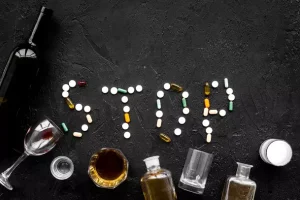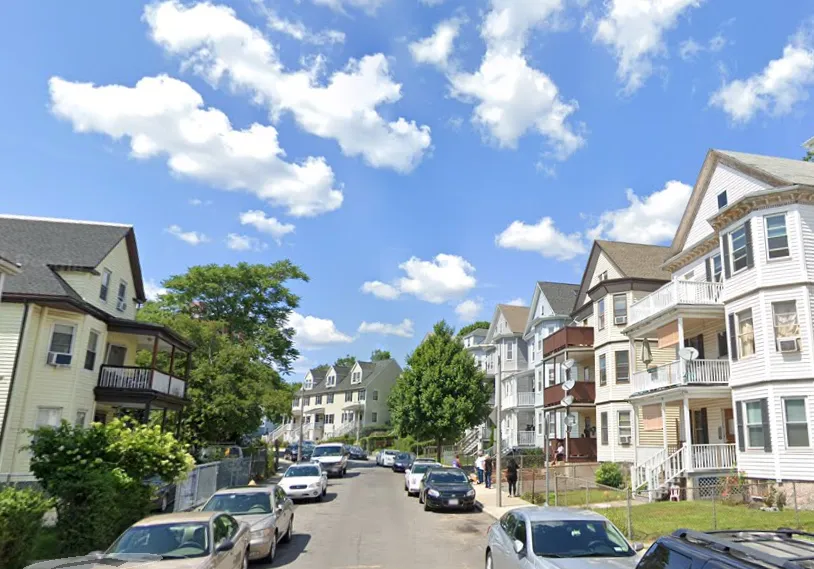The FTC in 2022 opened a similar investigation into Pepsi and Coca-Cola involving pricing in the soft drink market and is also probing the pricing practices of food conglomerate Kraft-Heinz, according to some of the people. In recent weeks, FTC staff investigating Southern Glazer’s Wine and Spirits have recommended a lawsuit under the Robinson-Patman Act, some of the people said. The 1936 law is meant to prevent suppliers from offering favorable pricing to certain retail customers over others — typically meaning large chain stores over mom and pop outlets. The FTC has not brought a case under the law in well over 20 years.
Depression and Alcohol Use Disorder: Are They Connected?
“An experienced psychiatrist [or another mental health professional] familiar with mood disorders and the effects of alcohol abuse can be instrumental in recommending appropriate medications and monitoring medication efficacy,” says Kennedy. Major depressive disorder involves persistent and prolonged symptoms, but depression, in general, takes on many different forms. Depressive symptoms can result from life stressors, mental health conditions, medical conditions, and other factors. Alcohol may be a socially acceptable drug, but it’s still a drug.
Experimental Treatments
- As briefly discussed earlier in this article, the family studies are far from definitive because of difficulties in the methodologies used.
- They could instead be feeling more of a numbness or a lack of interest in activities.
- Some experts also suggest that both depression and alcohol use disorders share underlying pathophysiology in that they are both neuroinflammatory conditions.
- While it can be difficult to admit that there is a problem, alcohol use disorder treatment makes it possible to live a better life.
Taking some time for productive relaxation can also help ease feelings of depression. When you regularly turn to alcohol to manage challenges and negative feelings, you may not take other actions that could help you address those problems effectively. You might feel depressed after drinking because alcohol itself is a depressant. Understanding the link between alcohol and depression can help you better manage depression after drinking, or better yet, prevent it from happening in the first place. It’s not uncommon to use alcohol to cope with difficult feelings and experiences.
Helping A Family Member Or Friend
Drinking water may not have a direct impact on feelings of depression, but rehydrating can absolutely help you start feeling better physically. As hangover symptoms begin to subside, the emotional effects may follow. Following a successful detox, an inpatient or outpatient treatment setting may be advised depending a variety of factors determined via a substance use disorder assessment conducted by a medical professional. Inpatient treatment allows for 24/7 monitoring and care in a hospital or other treatment facility.

Is It Genes or Lifestyle?
In the shorter term, without intervention to change drinking habits, researchers expect 100 additional deaths and 2,800 additional cases of liver failure between 2020 and 2023. When COVID-19 hit — bringing the compound stressors of illness and uncertainty — it threw many individuals into instant, extreme stress. And plenty of people who had been “social drinkers” began drinking more alcohol to cope. In fact, a report alcohol and depression led by Harvard researchers affiliated with Massachusetts General Hospital found that excessive drinking in the U.S. increased by 21 percent during the COVID-19 pandemic. The full impact of drinking too much hits about 72 hours after the alcohol has left the bloodstream. This is when withdrawal symptoms of increased anxiety, irritability, restlessness, agitation and disturbed sleep, among others, are at their peak.

- Some people who take selective serotonin reuptake inhibitors (SSRIs) may become severely intoxicated when they use antidepressants.
- Research has shown that intervening during primary care visits is highly effective in reducing suicide later in life.
- In addition, attempting to stop drinking and going through withdrawal can worsen depression, making it even harder to quit.
It’s not always clear if depression makes you drink or vice versa. Studies of twins have shown that the same things that lead to heavy drinking in families also make depression more likely. Cognitive behavioral therapy can also be used to treat co-occurring AUD and MDD, by improving your emotional regulation, changing your cognitive behaviors, and helping you develop personal coping strategies.
- Others may experience depression after a major life event, like a medical diagnosis or a loved one’s death.
- Finally, Schuckit’s research group followed 239 alcoholic men 1 year after they received alcoholism treatment, and the data revealed no significantly increased rates of major depressive or anxiety disorders (Schuckit and Hesselbrock 1994).
- Existing research indicates that depression can cause alcohol overuse, and alcohol overuse can cause depression.
- To help diagnose depression, your health care provider may use a physical exam, lab tests, or a mental health evaluation.
- Sometimes, alcohol can make you feel even worse than you did before.
- Don’t be afraid to ask your friends and family for help—they can help you monitor your symptoms and behavior.

However, an FTC lawsuit against Southern Glazer’s today would be controversial in part because the Robinson-Patman Act has rarely been enforced since the late 1980s. In fact, this would be the first time it’s been invoked since 2000, when the agency settled with spice company McCormick. Other forms of depression include psychotic depression, postmenopausal depression, and seasonal affective disorder. Find detailed descriptions of different types of depression from the National Institute of Mental Health. If you’ve had depression before, you may be more likely to experience it again. If you have depression symptoms, get help as soon as possible.
Call 999, contact your local mental health crisis team or go straight to A&E if you’re able to safely. Because these two disorders feed off of each other, they must be treated together. If depression is treated but not alcoholism, then alcohol depression will persist, negating the effects of treatment.
